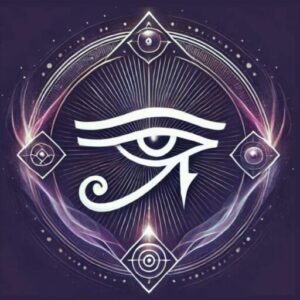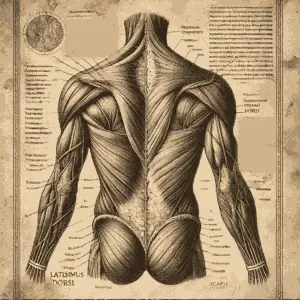

Alternative therapy refers to a wide range of healing methods that are not typically considered part of standard medical care. These approaches, often derived from traditional systems of medicine or holistic philosophies, aim to support the body’s natural healing processes through physical, energetic, or environmental means. From acupuncture and manual therapy to Reiki and herbal medicine, alternative therapies are increasingly integrated into modern wellness routines.
Alternative therapies have long been practiced across cultures and centuries, offering perspectives on healing that prioritize the body’s innate intelligence, energetic balance, and mind-body connection. Unlike conventional medicine—which often focuses on symptom suppression—alternative modalities tend to view health as an integrated system where structure, energy, and environment all contribute to wellness.
Some of the most recognized forms of alternative therapy include:
Acupuncture: A traditional Chinese modality that stimulates energy flow (Qi) through meridian points using fine needles.
Manual Therapy: Hands-on techniques aimed at reducing tension, improving mobility, and supporting nervous system function.
Reiki and Energy Healing: Gentle, non-invasive methods designed to rebalance the body’s subtle energy fields.
Herbal Medicine: The use of plant-based compounds to support immune function, digestion, inflammation, and more.
Sound Therapy: The application of frequencies and vibration to stimulate parasympathetic activity and emotional processing.
In many settings, these methods are now used alongside conventional care, creating what’s known as complementary or integrative medicine. For example, someone receiving physical therapy may also incorporate massage or energy work to support emotional regulation and tissue recovery.
It’s important to note that not all alternative therapies are equal. Effectiveness often depends on practitioner skill, client readiness, and how well a modality matches the individual’s needs. While some forms have robust clinical evidence (like acupuncture for pain), others are more experiential, providing value through relaxation, self-awareness, and emotional grounding.
For individuals exploring new paths to health, alternative therapy can offer a sense of agency, connection, and whole-person care—especially when paired with licensed, skilled practitioners who value both intuition and evidence.
Related Insights:
Explore how holistic wellness and alternative care overlap: https://reikimassagepllc.com/insights/what-is-holistic-wellness
Discover the role of energy healing in alternative therapy models: https://reikimassagepllc.com/insights/the-role-of-energy-healing-in-modern-wellness
Related Blog: Learn how sound therapy supports alternative healing: https://reikimassagepllc.com/post/benefits-of-vibroacoustic-therapy-in-olympia-wa-harnessing-sound-and-vibration-for-holistic-healing
External Link: Johns Hopkins explains types of alternative and complementary medicine: https://www.hopkinsmedicine.org/health/wellness-and-prevention/types-of-complementary-and-alternative-medicine
Looking to apply what you’ve read? Our hands-on services help bridge insight and physical healing.